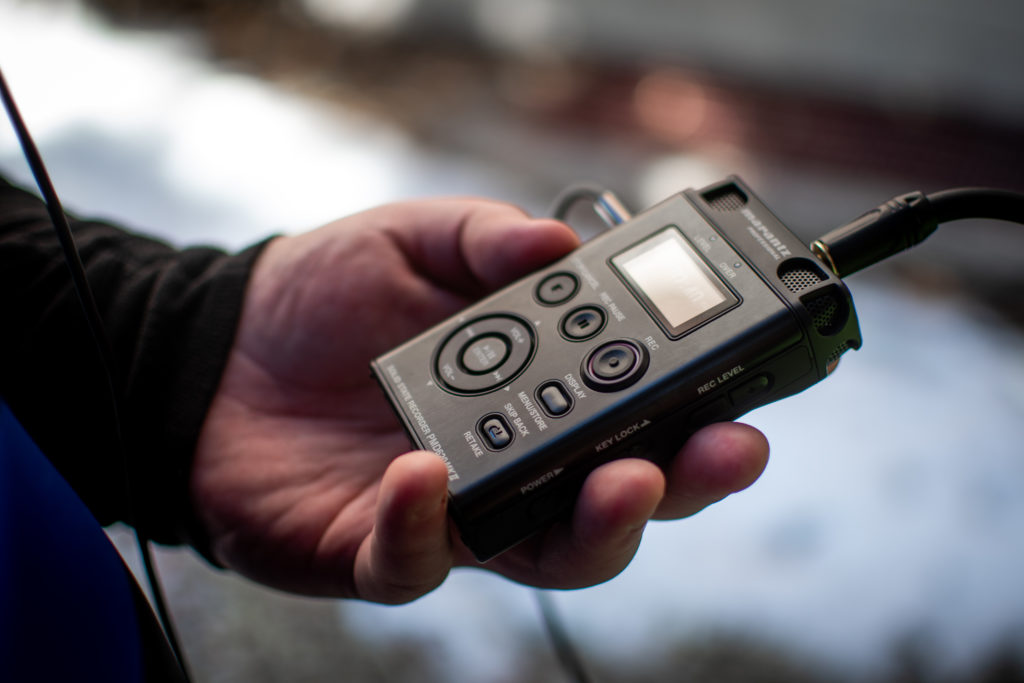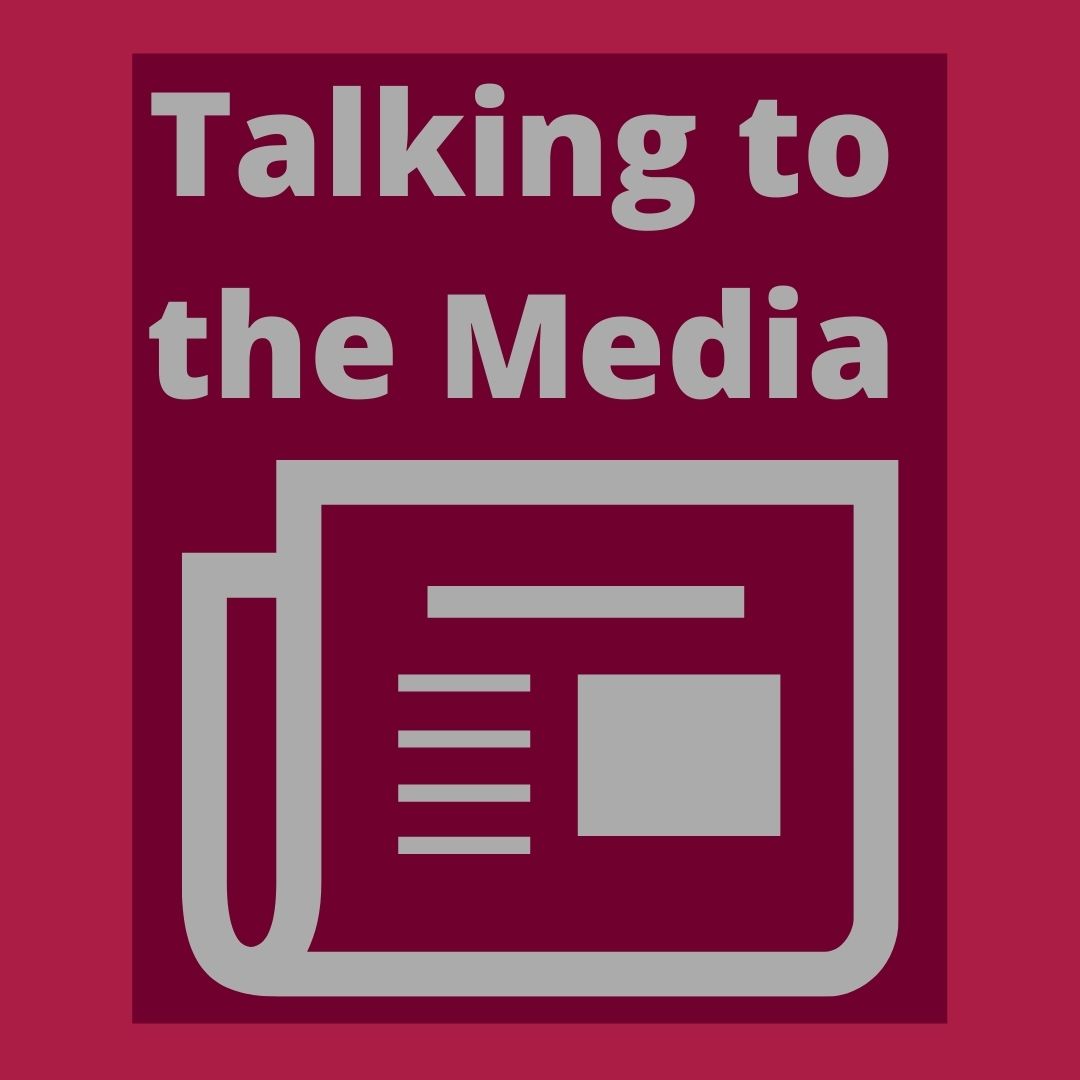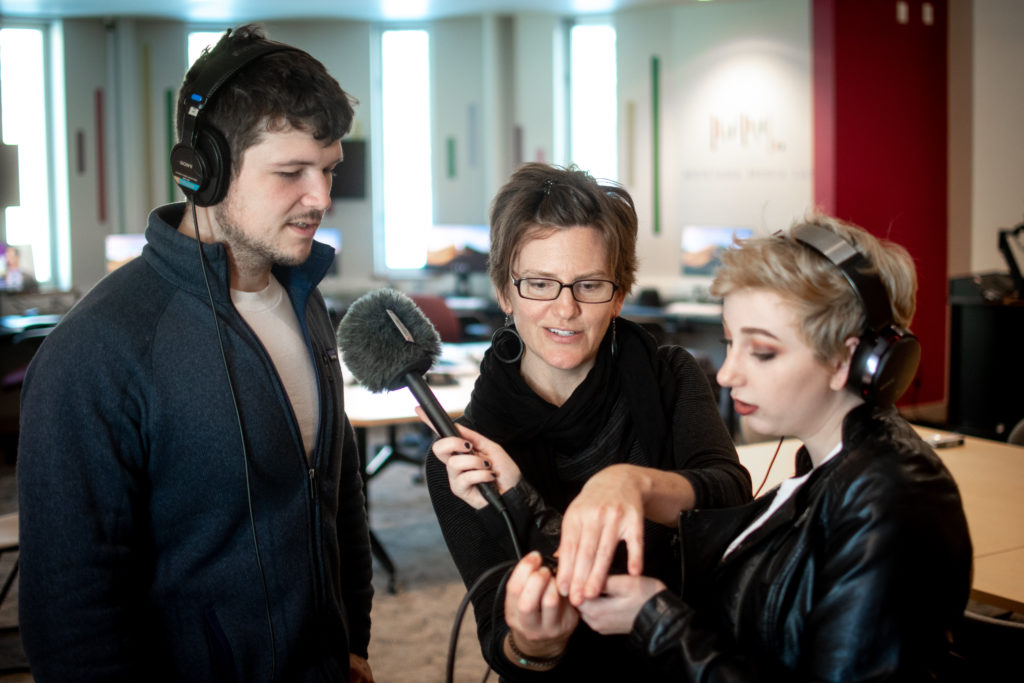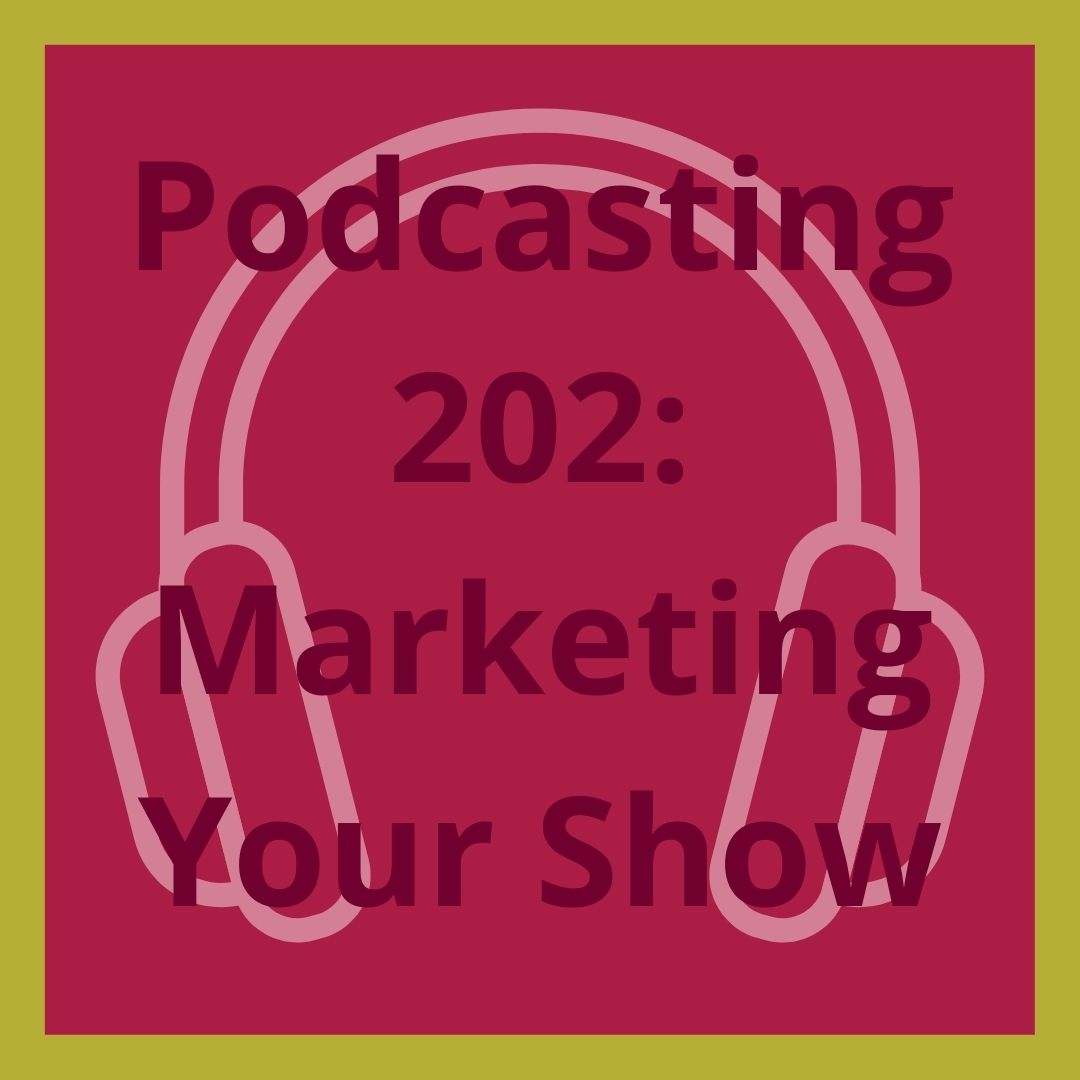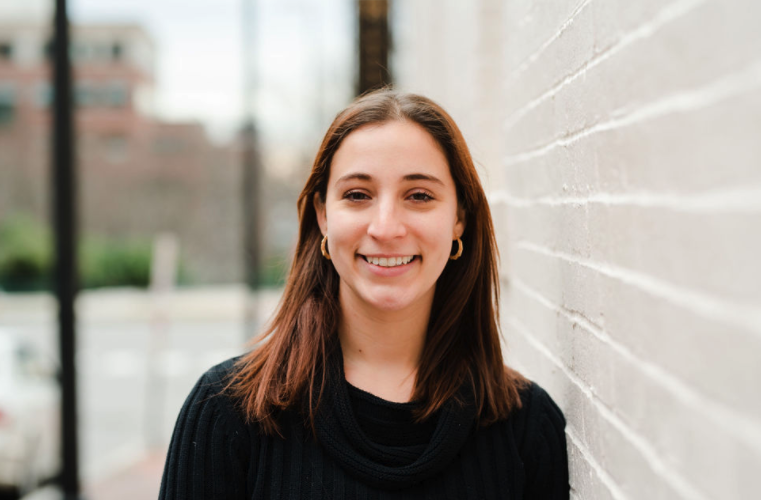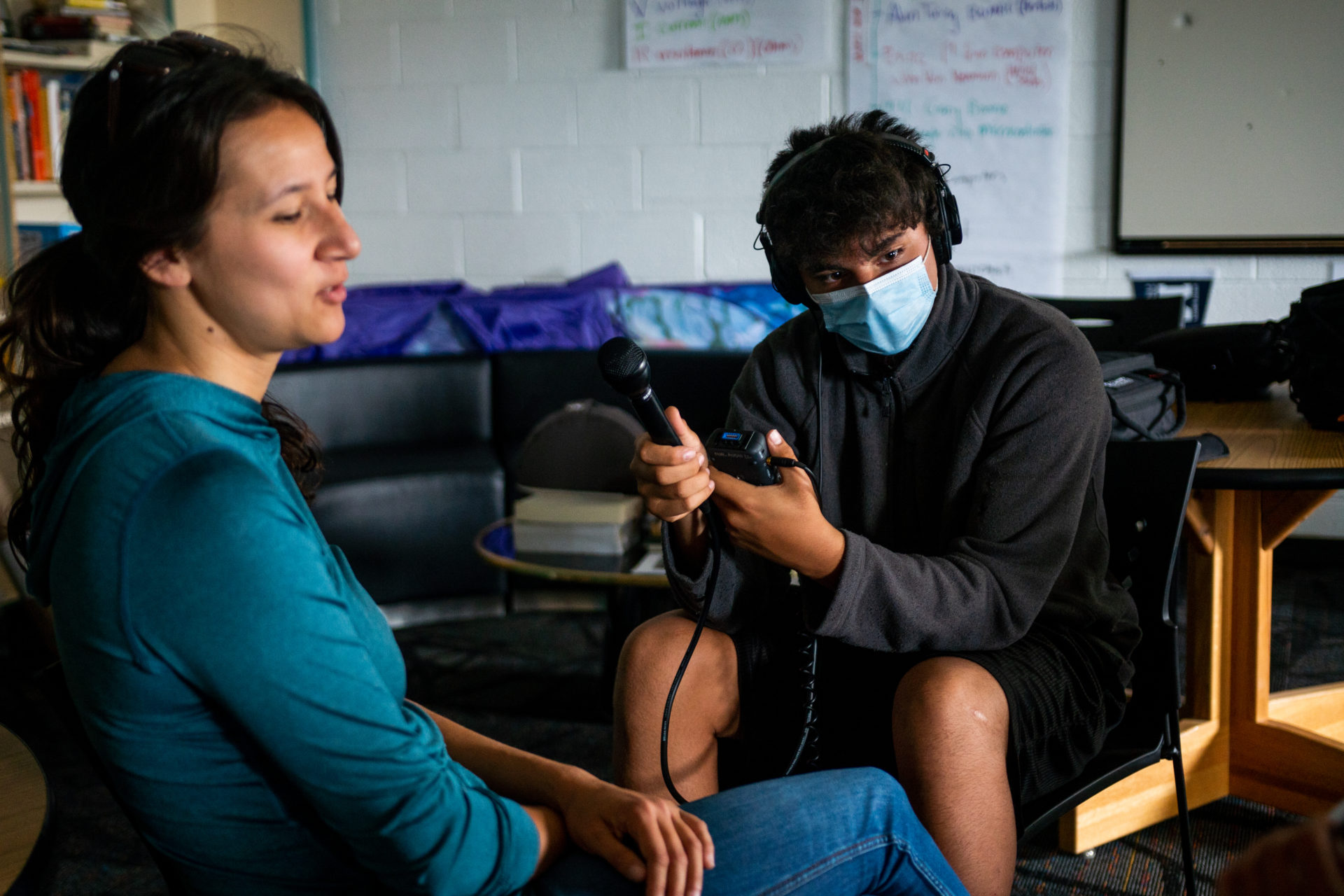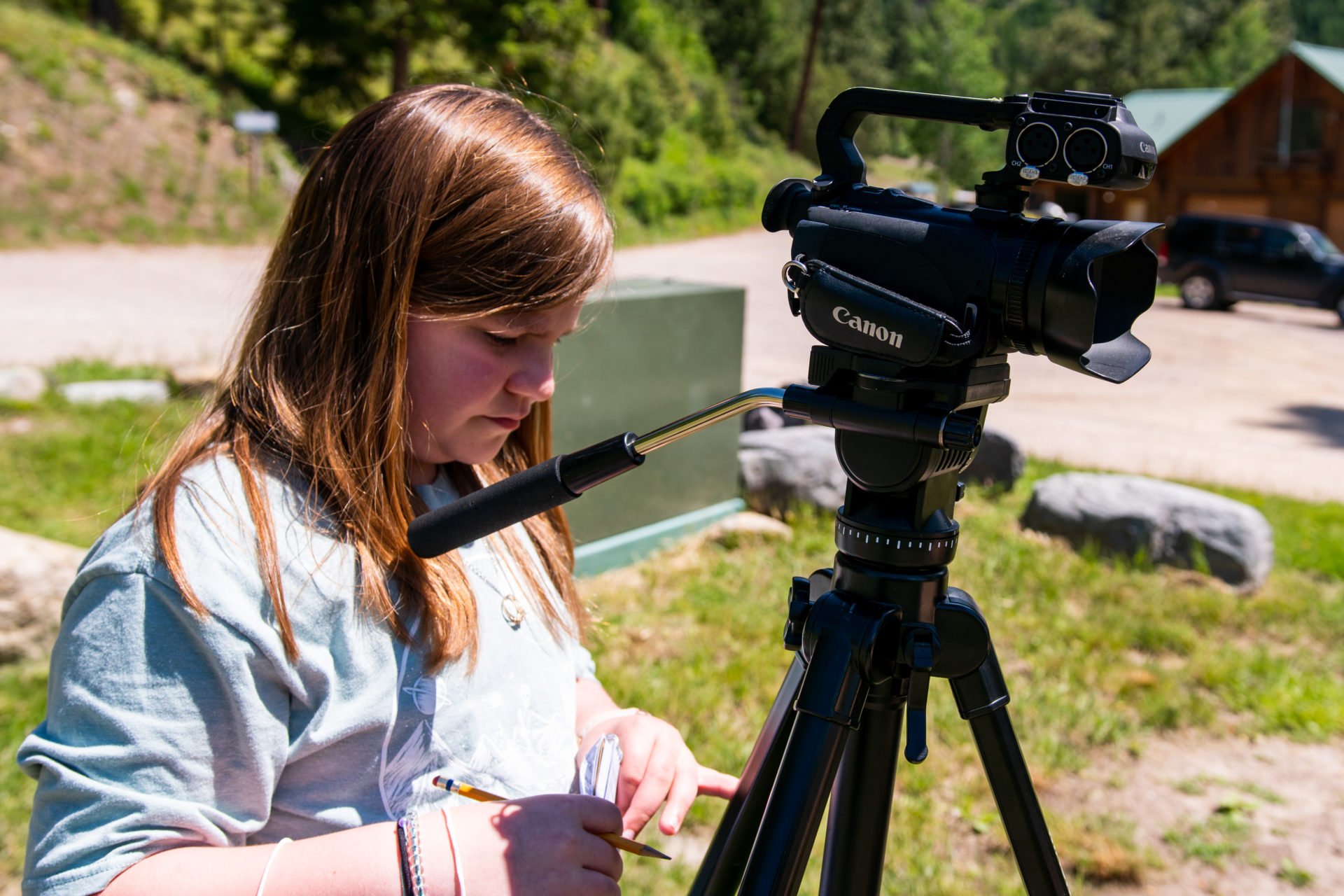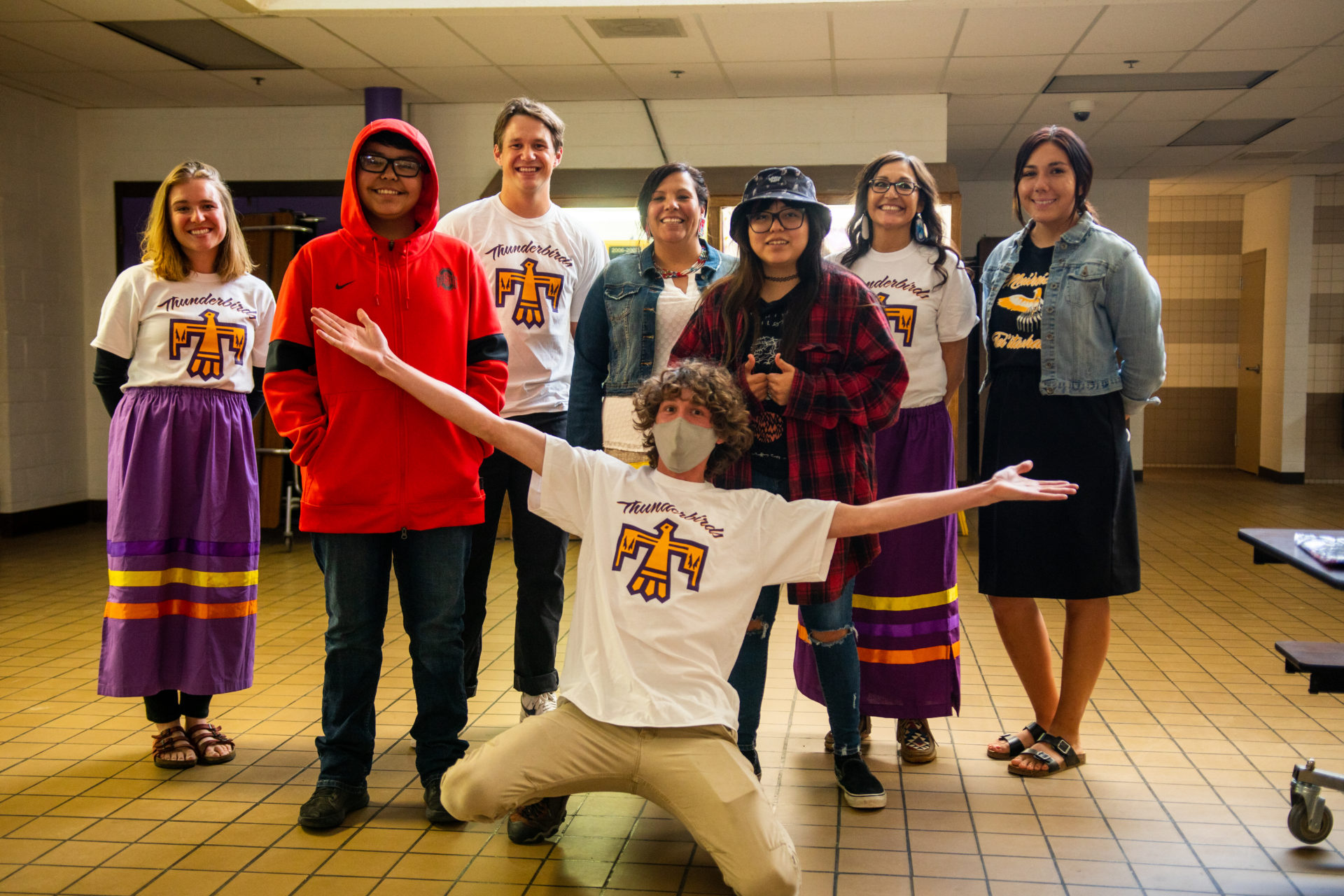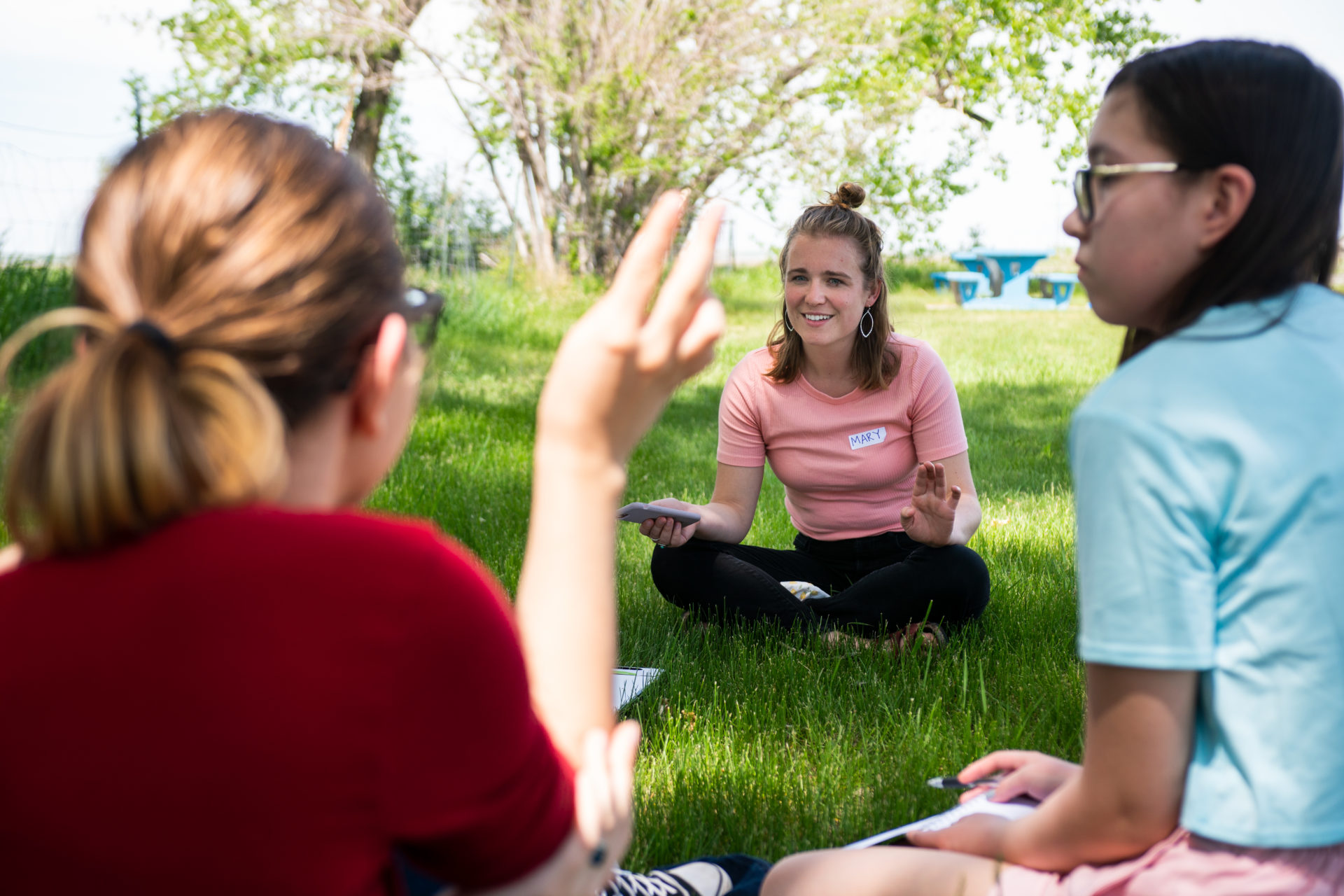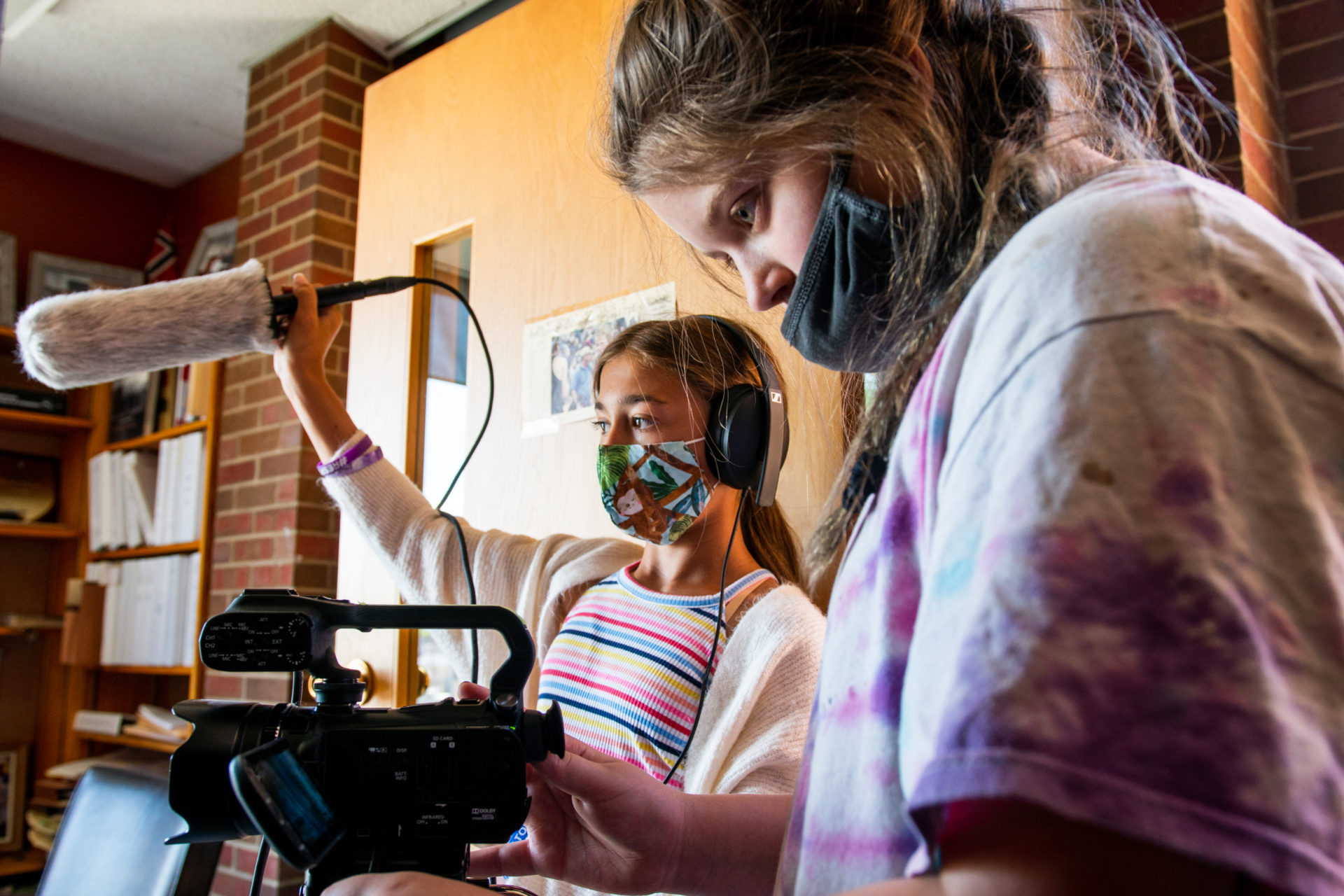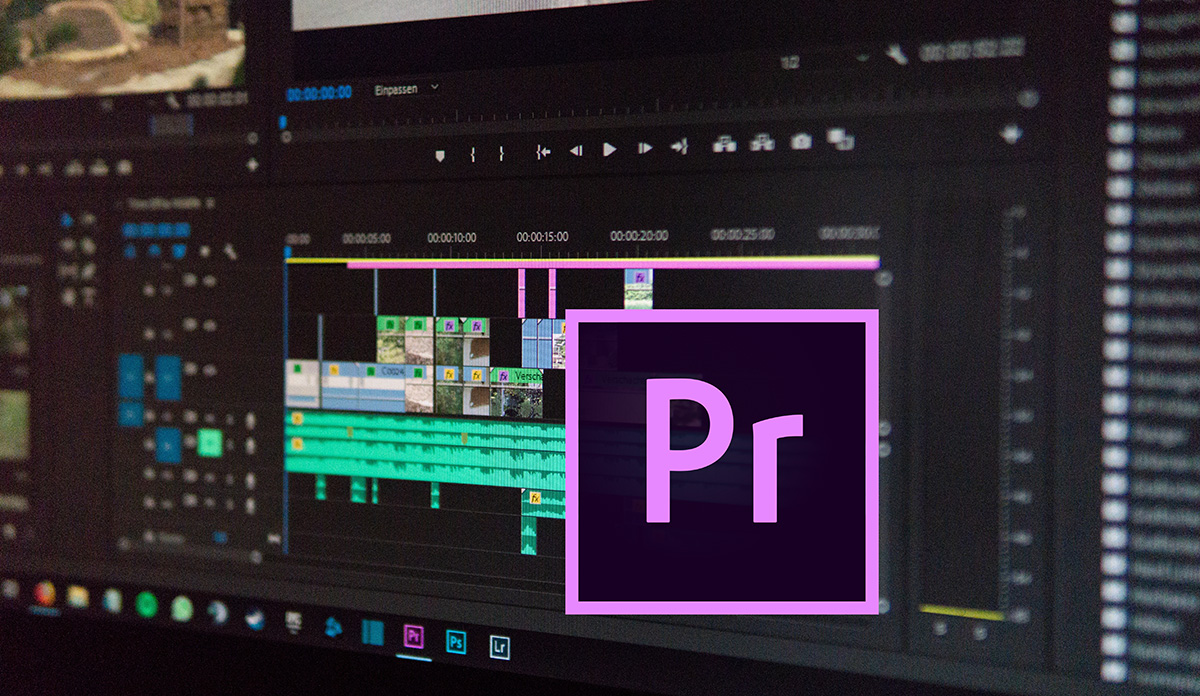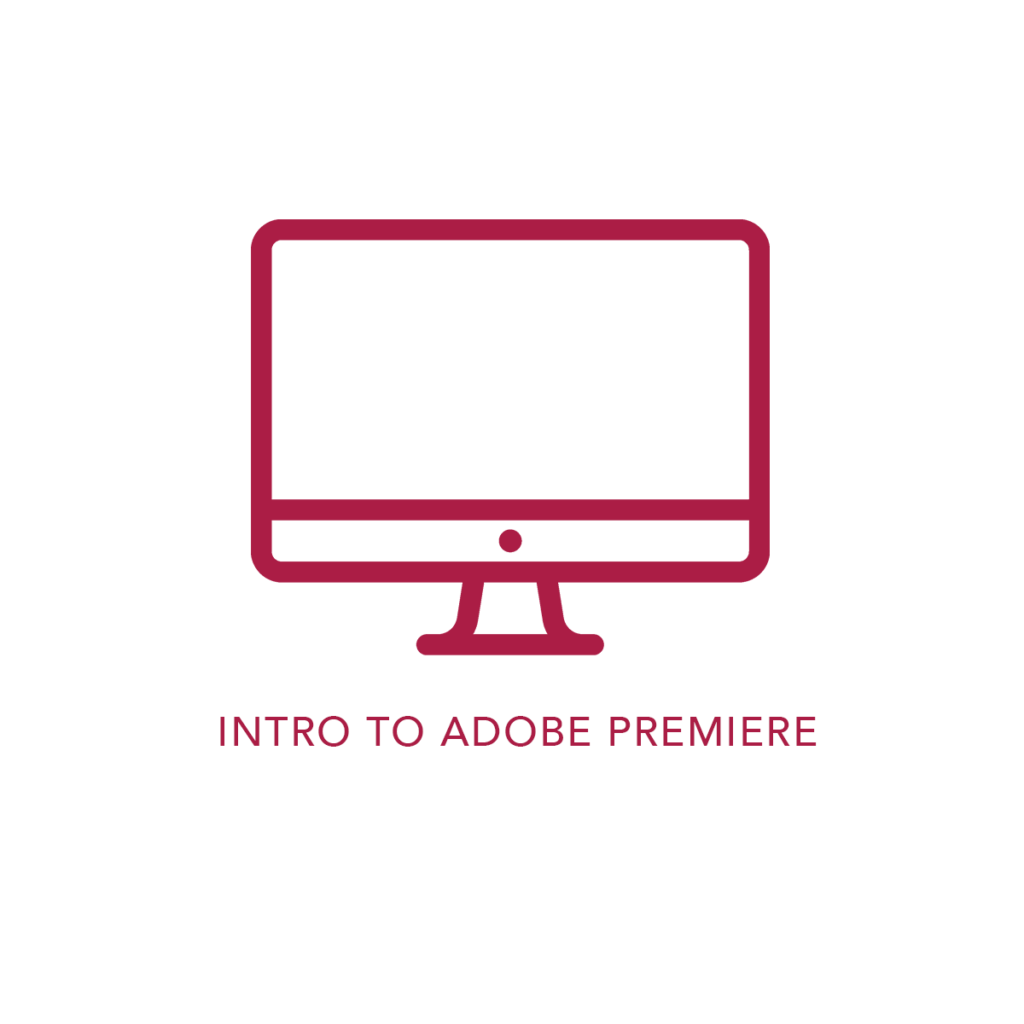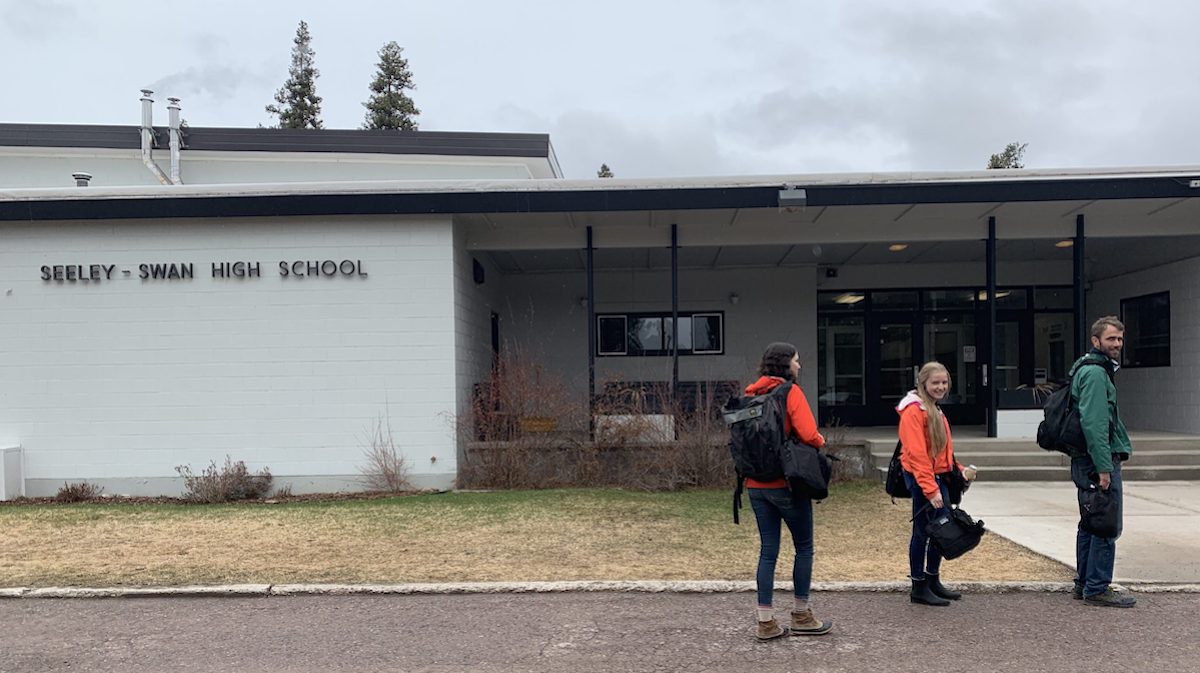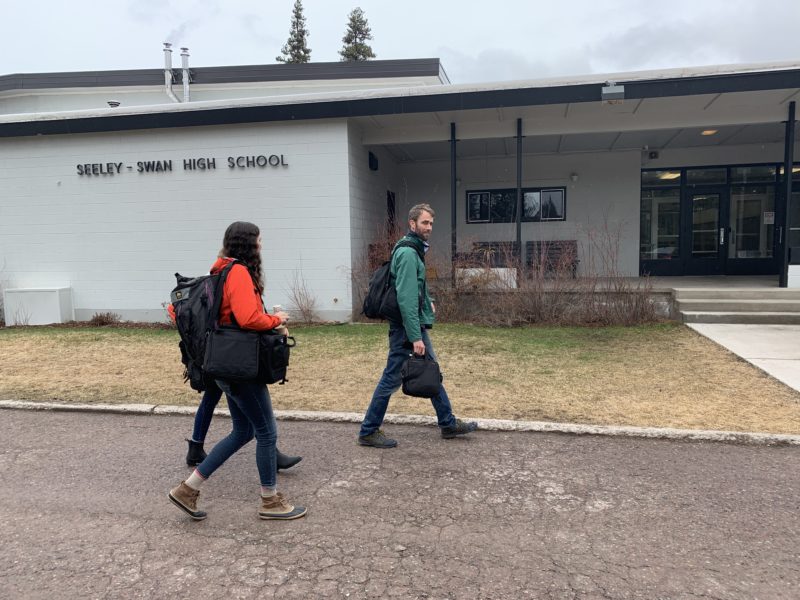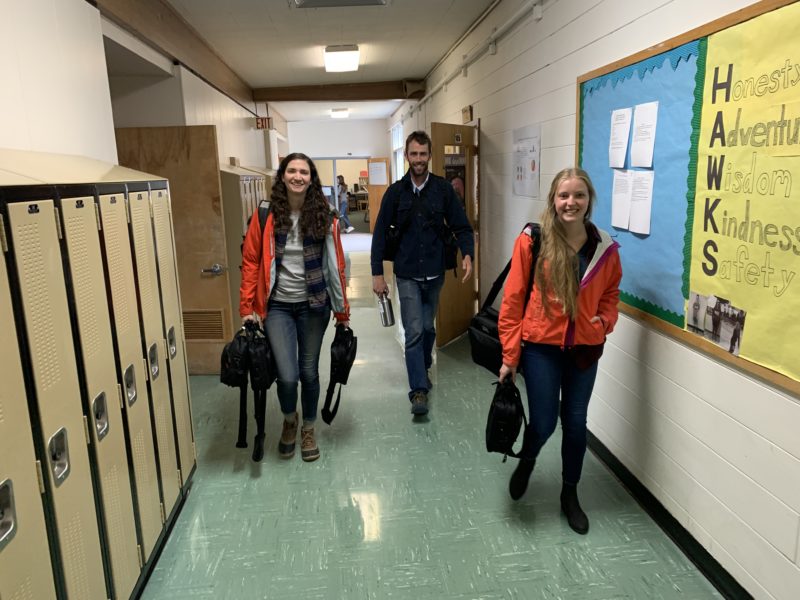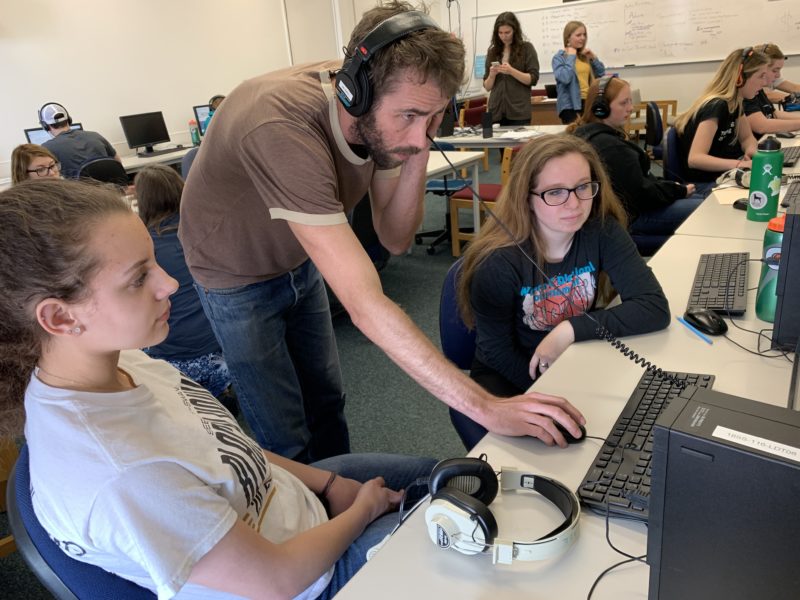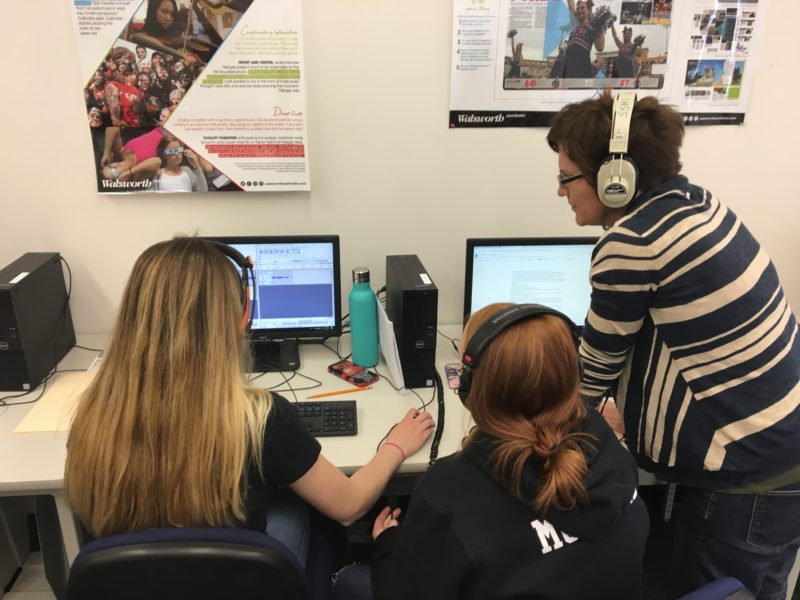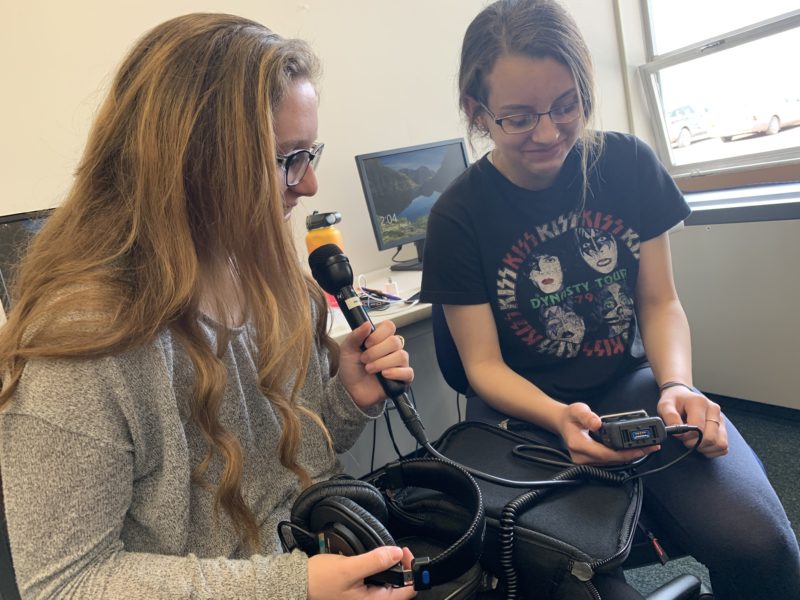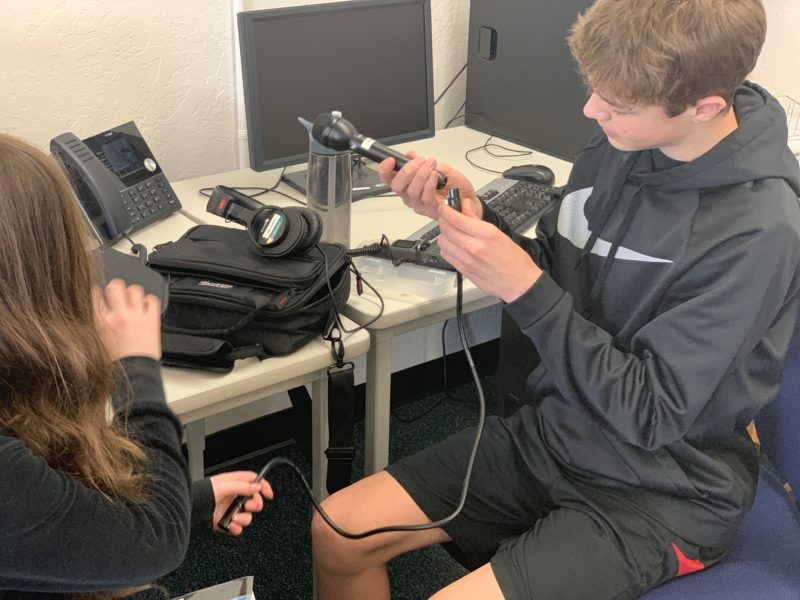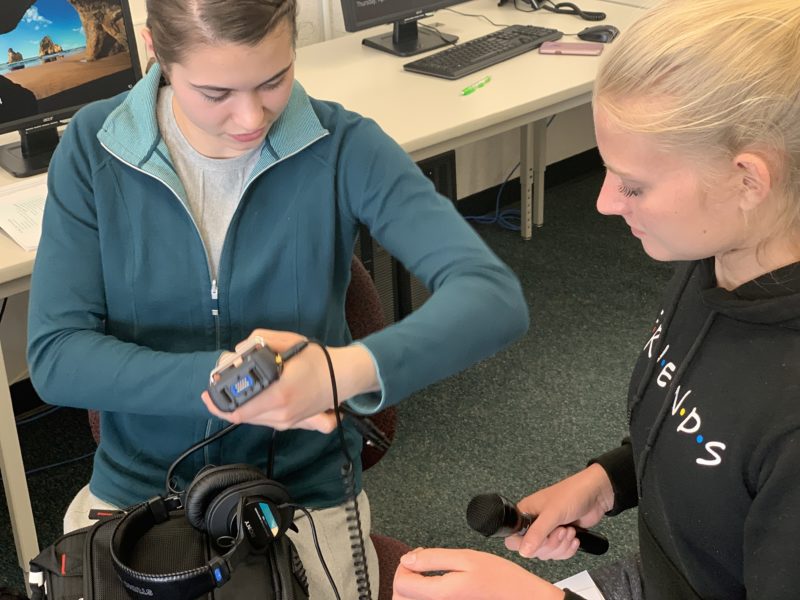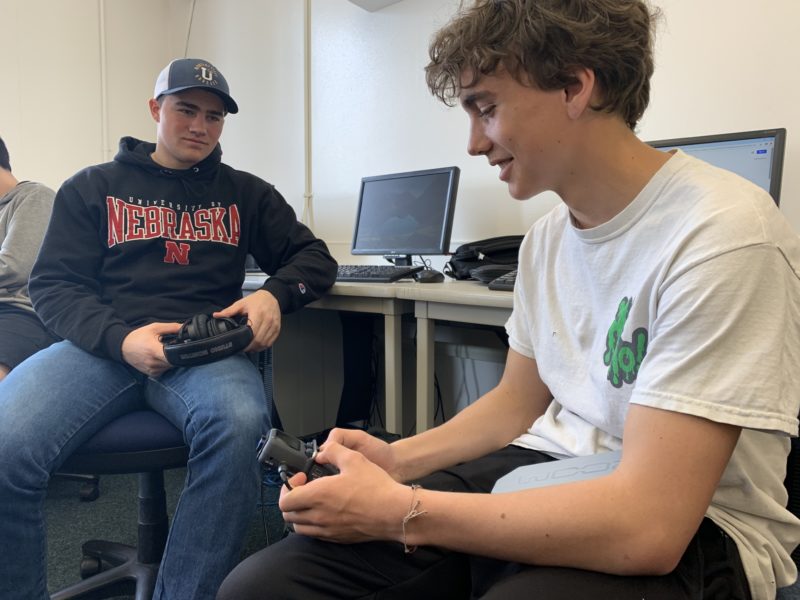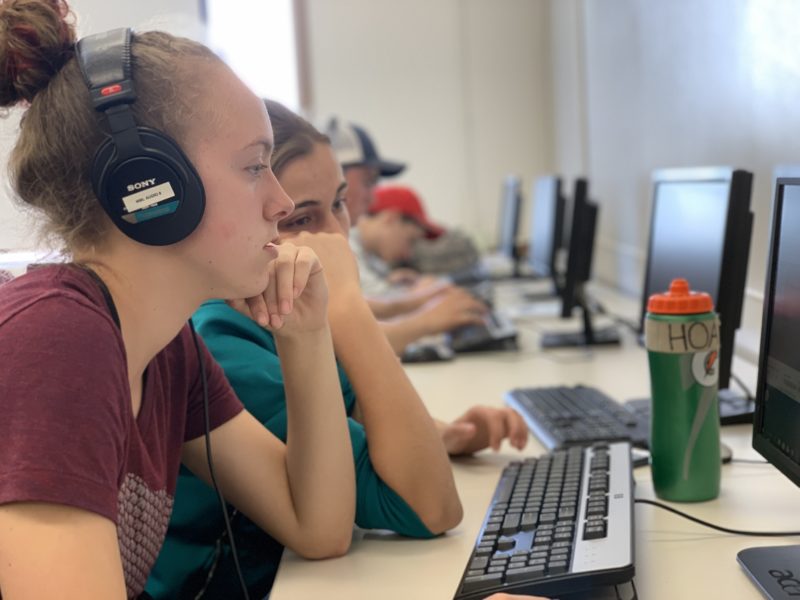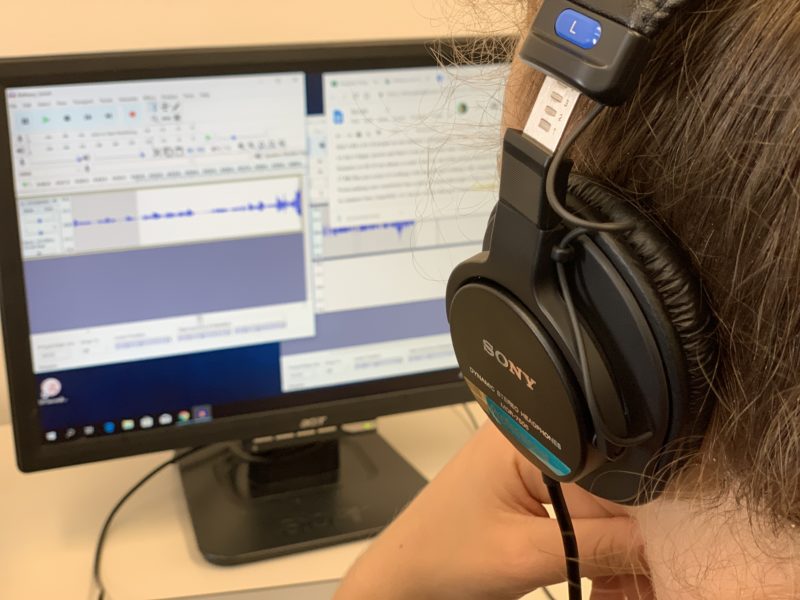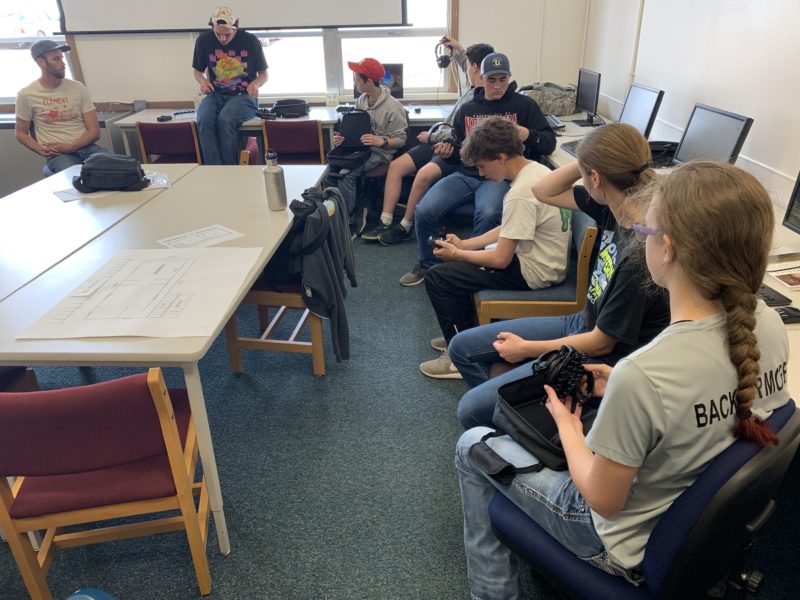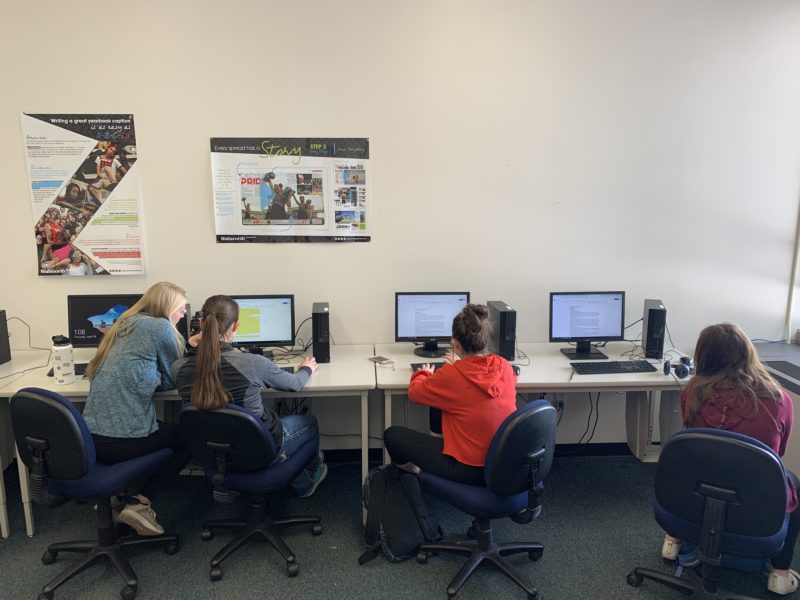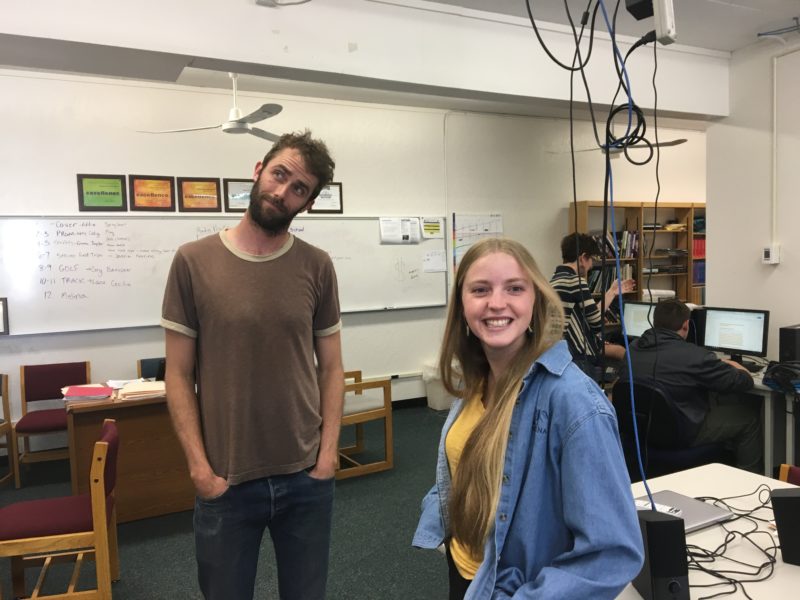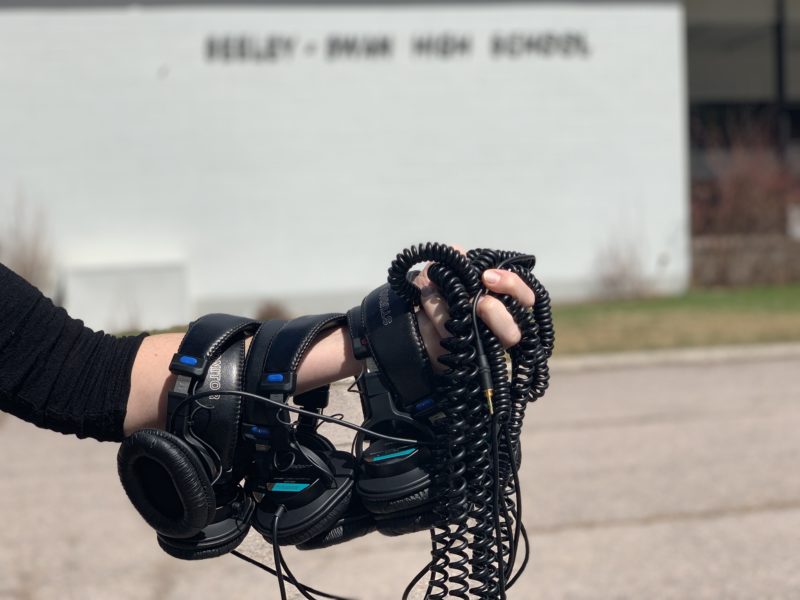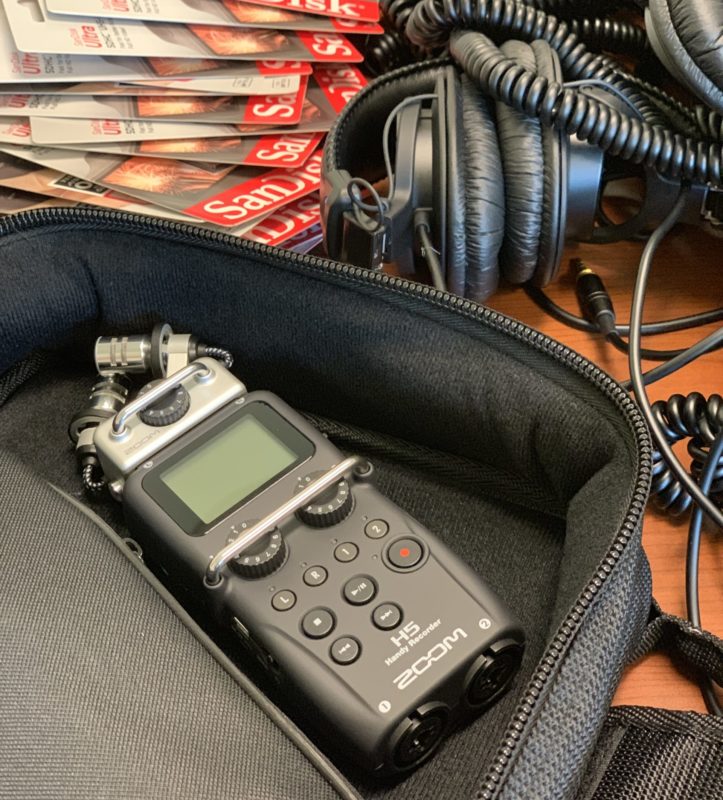This workshop focused on non-fiction narrative shows – the documentary-style, often serialized, story-driven podcasts like Serial, Missing Richard Simmons, and Wind of Change that are known for telling expansive, immersive stories. The best ones leave listeners feeling like they’ve been on a journey, and maybe even with a new perspective on the world. This workshop delved into the choices that go into structuring a narrative show that keeps listeners hitting the play button every episode. Instructor Lacy Roberts guided students through the elements of narrative. Participants looked closely at the narrative structures often seen in serialized storytelling. Lacy deconstructed great narrative shows to uncover just what makes them so good, and derive lessons participants could use in their podcasting endeavors. This class also demystified the process of creating a narrative show, discussed what kinds of stories make good narrative podcasts, and provided students with actionable next steps if they think they have a great show idea.
